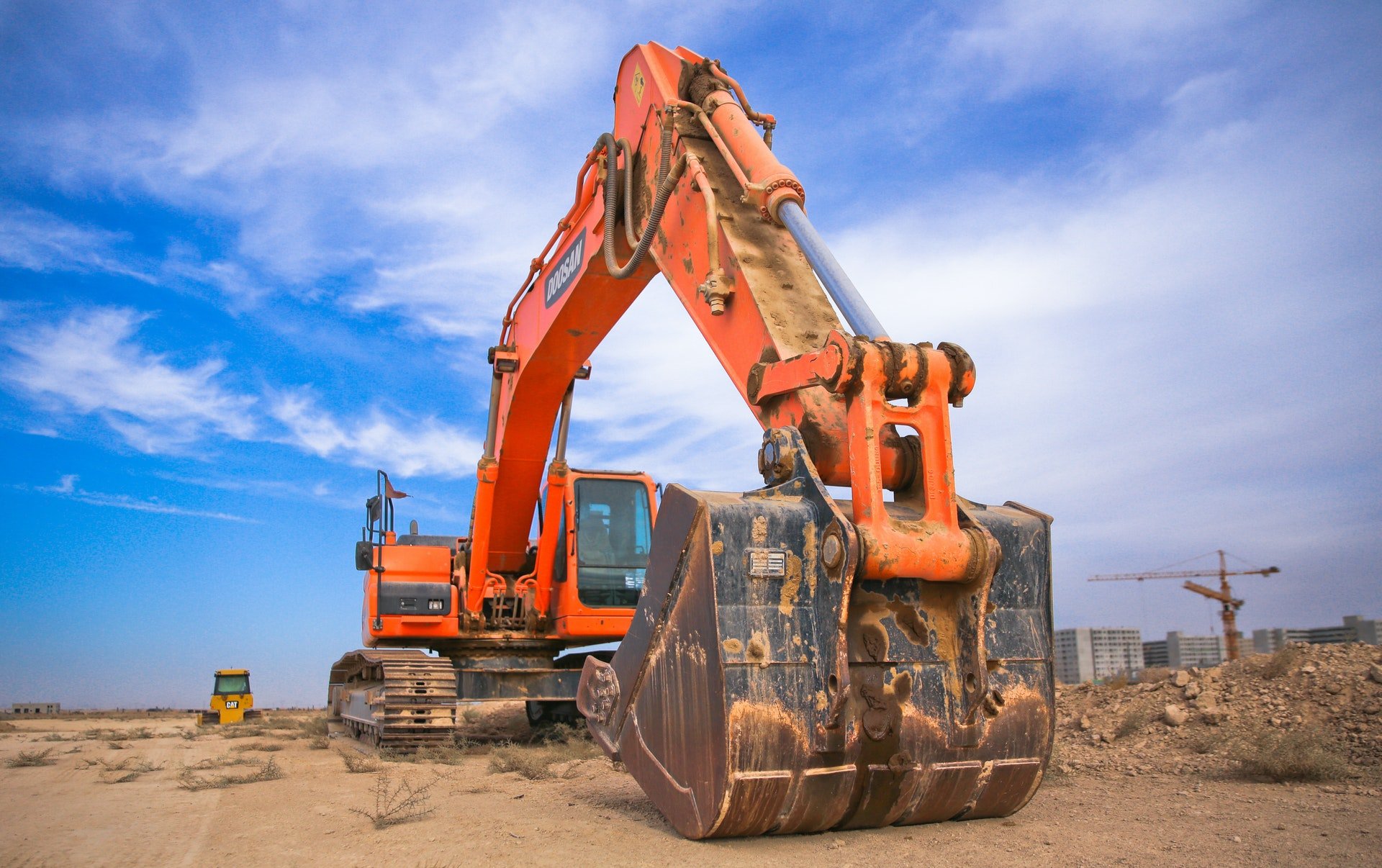A Business Guide to Buying Used Construction Equipment
Most businesses prefer getting new equipment when the old one is at fault. It’s preferable at times, especially when there is no significant difference in buying a new one. However, the process of finding the best is hectic and time-consuming.
Purchasing used construction equipment involves an in-depth process that guides you through your selection. While used construction equipment does not change its functionality and delivers the same services as a new one, there are warning signs you need to watch for in used equipment.
Some of the essential things to consider when looking for secondhand equipment include price, functionality, and quality. Here are other business guides to keep in mind when purchasing used construction equipment.
Inspect the History of the Equipment
One of the important things to consider before purchasing used construction equipment is its history. Ensure the equipment has no fake information and that it’s authentic. All documentation should be in place to prove the equipment’s ownership. Remember, the right of ownership isn’t transferable unless full payment is made.
For further clarity, research online or contact an organization to help prove whether the equipment is safe for purchase or not. Make your purchase in a famous shop to avoid stolen goods. Jot down the equipment’s serial number and check its service dealings or call the police department to do it.
Consider Your Precise Requirements
Before making a final decision, the first thing to consider is the equipment’s model, capabilities, size, and attachments. You may find options that fit your needs; consider doing thorough research on what your business requires. Do not assume that whatever equipment that worked for someone else will work the same for you. Ensure it meets your expected requirements.
Check on Signs of Tear and Wear
Used construction equipment has tear and wear signs, but the danger should not be significant. Check on some major signs like rust or cracks that may cause the construction equipment’s future breakdown. In case the construction equipment has to undergo extra maintenance after purchase, that will be a loss of your investment and increased downtime.
Check on Fluids
Since most equipments use fluid in their operations, checking fluids helps you gauge the condition and maintenance. Some of the fluids include engine oil, coolant, transmission oil, and hydraulic oil. Dirty fluid in the machine indicates that the owner was not keen on standard maintenance.
Inspect its Accuracy
If the secondhand construction equipment you want to purchase has a truck scale, ensure it is accurate. Compromised accuracy causes errors that impact your business reputation negatively. To avoid this, ensure the truck scale is rectified and working efficiently before purchasing the used construction equipment.
Consult on Equipment’s Operation Hour
Remember to check on previous operational hours of the construction equipment. Though it does not indicate the machine’s current condition, it is vital to check on it. Avoid purchasing equipment forcing its upper limits as you will have to incur extra maintenance costs to take care of equipment prone to break down at any time. Ensure the equipment had prior maintenance and over 10000 operating hours rather than inadequate equipment maintenance with 1000 working hours.There is something special about buying used construction equipment. One of the best things is its reliability and lower purchase cost. Another advantage is its durability because its operating power and basic functionality are still robust. They may perform better than new construction equipment, but it does not mean businesses should not invest in new equipment.

